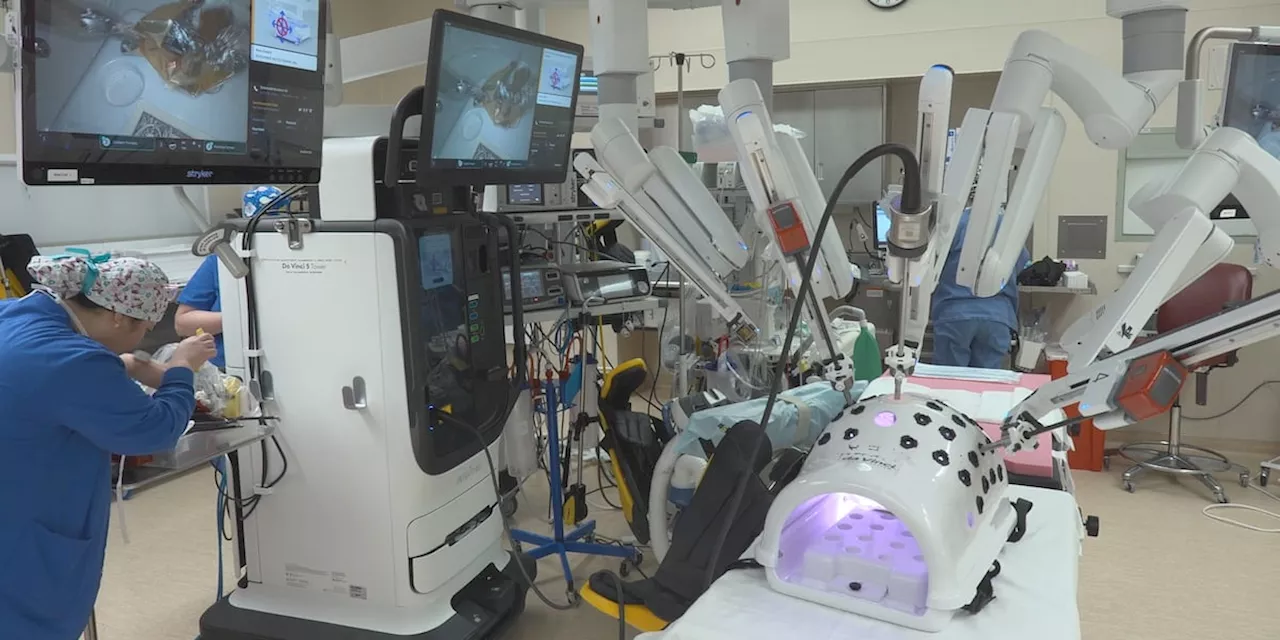A recent international study has revealed that both acitretin and methotrexate provide significantly better maintenance rates than cyclosporine in the treatment of pediatric psoriasis. Conducted by a team led by Dr. Emmanuel Mahé from the Hôpital Victor Dupouy in France, the study analyzed data from over 500 patients treated across five countries.
The research, titled ‘ACMe’ (Acitretin, Cyclosporine, Methotrexate), was a retrospective cohort study that evaluated the drug survival rates of these treatments over a two-year period. The findings highlight the effectiveness of acitretin and methotrexate as first-line therapies for children suffering from severe psoriasis, addressing a significant gap in the existing literature regarding their comparative efficacy.
Study Design and Findings
The multicenter study involved data collection from 30 dermatology centers in Italy, France, the United Kingdom, Portugal, and Canada, focusing on patients diagnosed with cutaneous psoriasis who were under 18 years old when they began systemic treatment. Eligible participants had to have received acitretin, methotrexate, or cyclosporine as monotherapy for at least one day and had at least one follow-up appointment after their initial prescription.
In total, the analysis included 506 individuals, corresponding to 683 treatment courses. Specifically, 316 patients were treated with acitretin, 245 patients with methotrexate, and 122 patients with cyclosporine. The results indicated median drug survival rates of 10.8 months for acitretin and 10.9 months for methotrexate, while cyclosporine had a significantly shorter median survival of 3.9 months (P < .0001). The study also examined reasons for treatment discontinuation. The most common reasons included inefficacy for cyclosporine at 43.0%, and loss of efficacy for acitretin at 27.2% and methotrexate at 31.8%. The researchers did not identify specific clinical or demographic factors that correlated with improved treatment persistence at six months.
Additional Insights and Implications
One notable finding was that when acitretin was prescribed as a first-line treatment, the drug survival rate was significantly longer, with a median of 11.3 months compared to just 5.5 months when used as a second-line or later option (P < .001). However, no significant differences were observed between methotrexate and cyclosporine based on the treatment line. Adverse events leading to treatment discontinuation were reported in 13.8% of patients receiving acitretin, 23.1% for methotrexate, and 14.0% for cyclosporine (P = .02). A single serious adverse event, hepatitis, was noted among the methotrexate cohort.
Dr. Mahé and his colleagues concluded that both acitretin and methotrexate exhibit comparable and superior drug survival rates compared to cyclosporine. They emphasized the need for further studies to refine treatment recommendations for pediatric psoriasis management. “These findings may aid in developing algorithms to formulate recommendations for systemic treatments in managing severe psoriasis in pediatric patients,” they stated.
This comprehensive analysis not only underscores the efficacy of acitretin and methotrexate but also highlights the pressing need for improved treatment protocols in pediatric dermatology.







